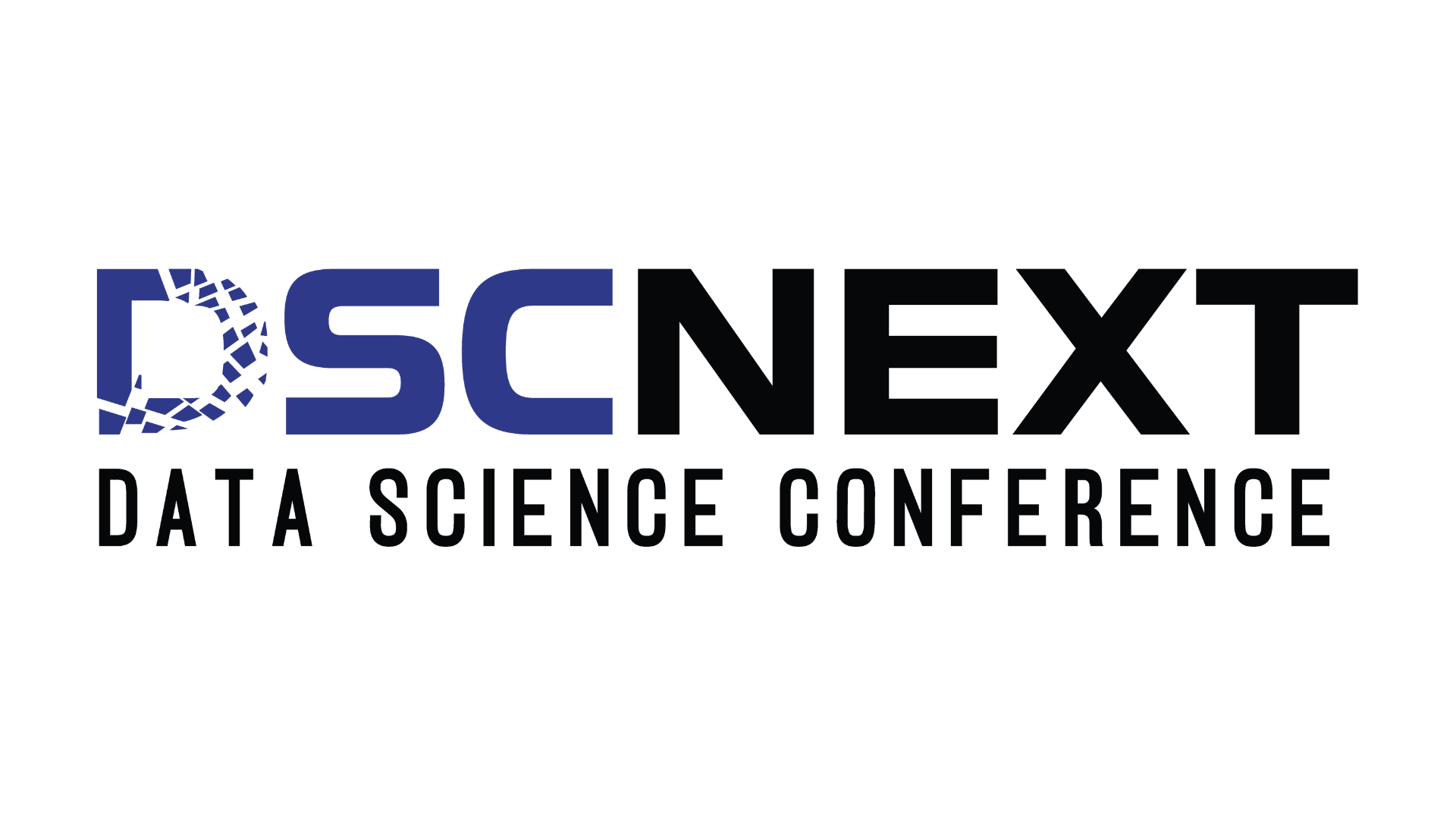
Artificial Intelligence (AI) is transforming the world—powering innovations from disease diagnosis to autonomous farming and intelligent logistics. But as AI becomes more capable, it also raises profound questions about ethics, accountability, and fairness. That’s where Responsible AI steps in—a guiding philosophy and practice to ensure that AI systems are trustworthy, transparent, and aligned with human values.
What is Responsible AI?
Responsible AI refers to the development and use of AI technologies in a way that is ethical, fair, and respectful of human rights. It emphasizes accountability at every stage—from data collection to model deployment—ensuring that these systems are safe and used for the greater good.
Key Principles of Responsible AI
1. Fairness: AI should treat everyone equally and without bias.
Example: IBM developed a toolkit called AI Fairness 360, which helps detect and mitigate bias in machine learning models—especially important in areas like hiring or loan approvals.
2. Transparency: Decisions made by AI systems should be explainable.
Example: Google’s Explainable AI tools allow users to understand and visualize how AI models make predictions—essential for industries like healthcare where decisions impact lives.
3. Privacy & Data Governance: Personal data must be handled responsibly.
Example: Apple’s differential privacy technique helps improve user experience without compromising individual data security.
4. Accountability: Clear responsibility must be assigned for AI actions.
Example: The EU AI Act mandates documentation and traceability of high-risk AI systems, holding developers accountable for harmful outcomes.
5. Robustness & Security: AI systems must work safely and reliably.
Example: Tesla’s AI autopilot has built-in redundancy and security checks, although ongoing incidents remind us why rigorous testing is key to responsible deployment.
6. Human-Centered Design: AI should empower, not replace, humans.
Example: In agriculture, John Deere’s AI-powered tractors assist farmers without removing the need for human oversight—supporting efficiency while keeping farmers in control.
Why Responsible AI Matters
The risks of neglecting responsibility are real. Biased facial recognition has led to false arrests. Credit-scoring models have denied loans unfairly. Algorithms on social media have promoted harmful content for engagement. These issues show why trust, fairness, and transparency are no longer optional.
Implementing Responsible AI
Build Diverse Teams: Different backgrounds reveal different risks.
Conduct Ethical Audits: Test for fairness, security, and privacy regularly.
Encourage Open Dialogue: Transparency builds user trust and understanding.
Support Regulation: Governments play a vital role in setting boundaries.
Conclusion: Responsible AI is Not Optional—It’s Foundational
As AI becomes deeply embedded in systems that govern finance, healthcare, agriculture, and infrastructure, the importance of responsibility by design cannot be overstated. Responsible AI ensures that these systems are not only intelligent but also fair, secure, and aligned with human values.
From minimizing bias and ensuring transparency to protecting user privacy and fostering inclusivity, Responsible AI must guide how we build and scale technologies. The goal isn’t just smarter automation—it’s ethical intelligence that earns public trust.
This conversation will take center stage at DSC Next 2025, where global experts, innovators, and policymakers will explore how digital ecosystems—from AI platforms and automated systems to smart supply chains—can scale responsibly. As AI reshapes industries, DSC Next 2025 will spotlight the need for transparency, accountability, and human-centered design in every system we build.
Because in an AI-powered future, responsibility isn’t just a feature—it’s the foundation. The age of intelligent systems has arrived. Let’s build it right.


